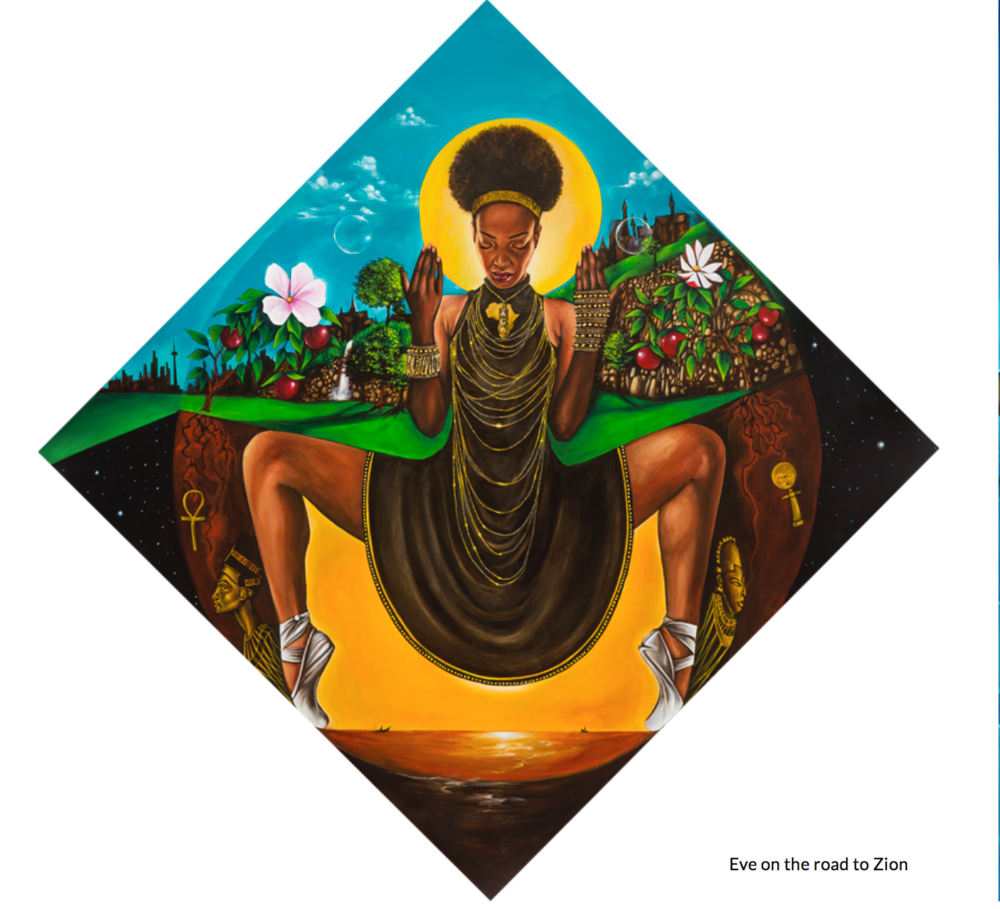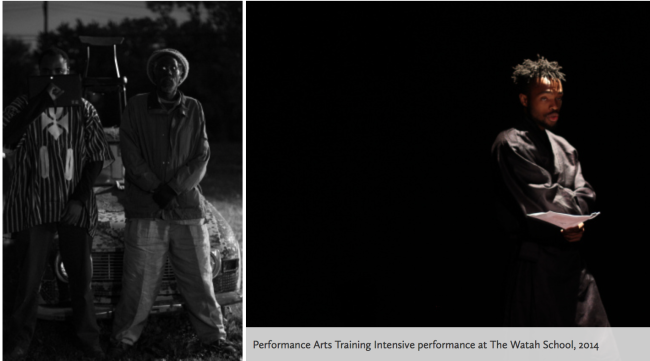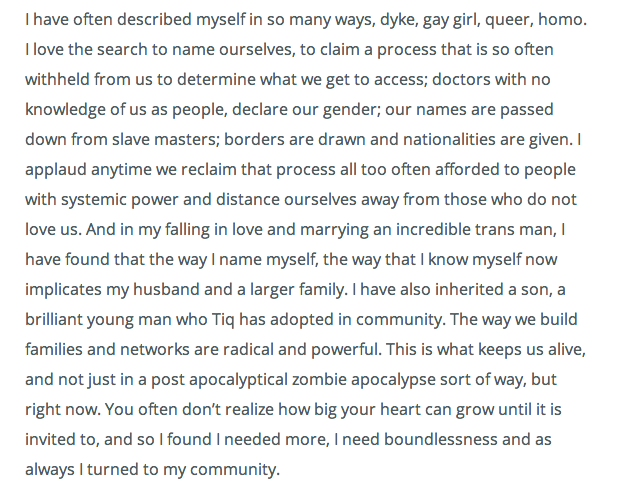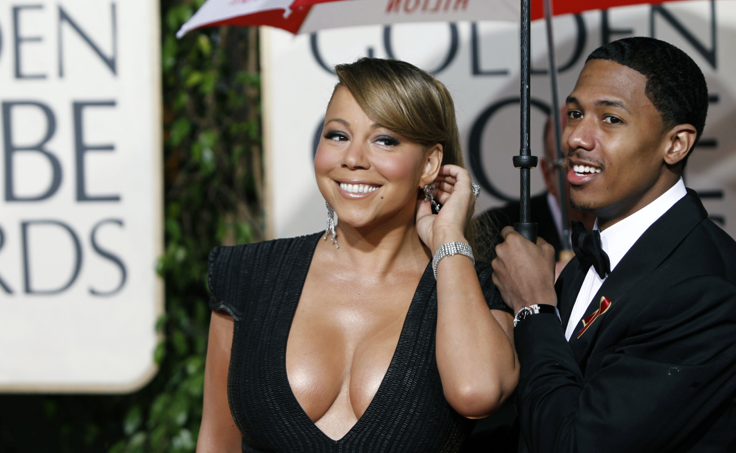Here is a video I conceived, directed by Gein Wong, transcribed by mercy medusa mahogany immanuel thokozane minah, inspired by Zainab Amadahy's book Wielding The Force: The Science Of Social Justice, talking about emotions, Maya's wisdom, movement building and electro-magnetic fields.
This one is for all the folks who have been told that their feelings put them at a disadvantage.
“I've learned that people will forget what you said, people will forget what you did, but people will never forget how you made them feel.”
― Maya Angelou
[Transcript of video conceived by Kim Katrin Milan, directed by Gein Wong and discussing vital lessons from Zainab Amadahy's Wielding The Force: The Science of Social Justice]
Voice in background: Who would be like, your first person you'd want in the audience to be there?
Kim: For me it's not like a specific person, it's like, anyone who has been told that their emotions are not important or real.
Voice in background: Mhmm, mhmm.
Kim: You know? One of the other things she talked about was how, every time we make a decision we check in with our emotional centers. Like, everyone does that. This isn't something that like, just "illogical" people do separately, then all the logical people just totally destroy that. Like, everybody does that, you know? And I've just, for everyone who has just felt um, like their emotions put them at a disadvantage or that they have to stop crying...Okay, now I know who I'm talking to. (Smiles)
Kim: I wanted to talk about a book. I wanted to talk about a book that was really important to me, because it fortified my ability to do my work better. It made me believe in myself in a way that I, knew that I wanted to believe in myself but I couldn't quite figure out how to do that. And so I always like to share things that make us feel more possible, more confident in ourselves, in our capacity. Uh, less ashamed of the people that we are, of our frailness, of our beauty, of our wholeness. And I feel like this person's work really does that. In a really transformative way. So I wanted to talk about Zainab Amadahy. She wrote a book called The Science of Social Justice. And this book really talks about how Indigenous sciences and emerging sciences are connected to the ways in which we think and talk about social justice. But also the ways in which we think and talk about science and the brain and a whole myriad of topics. And I feel like, really importantly, it brings a much needed perspective in terms of intersectionality and connectivity, that is missing from a lot of analysis both of social justice and as well, of science. And so one of the things that she talked about, that for me was really transformative, was explaining that every time we make a decision, we check in with our emotional centers. That so often, I have been told, and I know that so many of us have been told, that emotions are separate from logic. And that if you're crying while you're talking about something serious, it means you must apologize for those tears and find a way to suck that all up so that you can access the logicical side of the person that you are. And what this did for me was it reconciled everything. It meant that the emotions were absolutely part and parcel of everything I was doing, and it wasn't an accident. This is actually just what me as a human being in the world does. And one the other things that she shared, that was really really transformative as well, was this idea that we each, each life form has its own electrico-magnetic field. And these fields are one...are something that can be measured individually, but they can also be measured in the ways that they impact other people. So my EM fields can show up in your hearts, in can show up in your brain, it can show up in the people's lives who I touch. I think of Maya Angelou and the ways that she has asked us to remember that "People will not remember what we did, but they will remember the way that we made them feel." And that even though she might not have realized that, but she's talking some hard science right there. And I think, that one of the things that is really important in terms of thinking about these implications is how this works on a collective basis. So Zainab was explaining that there are two times in most recent recorded history when the electro magnetic field of the entire planet changed. One was when 9/11 was announced. And the second was when Obama's election was announced. That these two incidents, that could not be more different, one that was so much despair and so much tragedy and another one that was so much hope and so much promise of something -a testament of the collective organizing of so many individuals, who believed in something that they'd never seen before. And for me, that is a testament to what emotions can do. A testament to what the power of media means; the ability to transport this image entirely around the world, with enough to change the way in which the entire planet electro-magnetic field was being emitted. That these things that we take for granted, the ability to turn on the internet and get access to information. The ways in which we interact with each other and the ways that our feelings respond to these interactions, that these things are changing our planet. They're changing life all around us. And for me it was a reminder to think more deeply about the sacredness of my actions. Of the ways in which I act in the world, and the ways in which I build my movements. That if we are not also thinking about things from perspectives around hope, and intuition and love then we are not complete. We cannot only be focusing on the tangible because those things are all intricately connected.
Kim: So I think one of the integral things that Zainab is inviting us to do is one, to really diversify our perspective and our understanding of what science is. That there are Indigenous scientists, there are Middle Eastern scientists. There are so many different people who are practicing different kinds of intricate localized knowledge that can be described as science. And also a reminder that our emotions are a part of that science. That we can't separate the feeling part of us from the logic part of us. That those things have already reconciled themselves together and we don't even have to do the work to figure out how they work together. And so I invite you to take a look at her book, Zainab Amadahy Wielding The Force: The Science of Social Justice.
Kim: Was that okay?
Voice in background: Yeah.
On Zainab Amadahy's book Wielding The Force: The Science Of Social Justice
On Reconciling Hearts & Minds
[Transcript of video conceived by Kim Katrin Milan, directed by Gein Wong and discussing vital lessons from Zainab Amadahy's Wielding The Force: The Science of Social Justice]
Voice in background: Who would be like, your first person you'd want in the audience to be there?
Kim: For me it's not like a specific person, it's like, anyone who has been told that their emotions are not important or real.
Voice in background: Mhmm, mhmm.
Kim: You know? One of the other things she talked about was how, every time we make a decision we check in with our emotional centers. Like, everyone does that. This isn't something that like, just "illogical" people do separately, then all the logical people just totally destroy that. Like, everybody does that, you know? And I've just, for everyone who has just felt um, like their emotions put them at a disadvantage or that they have to stop crying...Okay, now I know who I'm talking to. (Smiles)
Kim: I wanted to talk about a book. I wanted to talk about a book that was really important to me, because it fortified my ability to do my work better. It made me believe in myself in a way that I, knew that I wanted to believe in myself but I couldn't quite figure out how to do that. And so I always like to share things that make us feel more possible, more confident in ourselves, in our capacity. Uh, less ashamed of the people that we are, of our frailness, of our beauty, of our wholeness. And I feel like this person's work really does that. In a really transformative way. So I wanted to talk about Zainab Amadahy. She wrote a book called The Science of Social Justice. And this book really talks about how Indigenous sciences and emerging sciences are connected to the ways in which we think and talk about social justice. But also the ways in which we think and talk about science and the brain and a whole myriad of topics. And I feel like, really importantly, it brings a much needed perspective in terms of intersectionality and connectivity, that is missing from a lot of analysis both of social justice and as well, of science. And so one of the things that she talked about, that for me was really transformative, was explaining that every time we make a decision, we check in with our emotional centers. That so often, I have been told, and I know that so many of us have been told, that emotions are separate from logic. And that if you're crying while you're talking about something serious, it means you must apologize for those tears and find a way to suck that all up so that you can access the logicical side of the person that you are. And what this did for me was it reconciled everything. It meant that the emotions were absolutely part and parcel of everything I was doing, and it wasn't an accident. This is actually just what me as a human being in the world does. And one the other things that she shared, that was really really transformative as well, was this idea that we each, each life form has its own electrico-magnetic field. And these fields are one...are something that can be measured individually, but they can also be measured in the ways that they impact other people. So my EM fields can show up in your hearts, in can show up in your brain, it can show up in the people's lives who I touch. I think of Maya Angelou and the ways that she has asked us to remember that "People will not remember what we did, but they will remember the way that we made them feel." And that even though she might not have realized that, but she's talking some hard science right there. And I think, that one of the things that is really important in terms of thinking about these implications is how this works on a collective basis. So Zainab was explaining that there are two times in most recent recorded history when the electro magnetic field of the entire planet changed. One was when 9/11 was announced. And the second was when Obama's election was announced. That these two incidents, that could not be more different, one that was so much despair and so much tragedy and another one that was so much hope and so much promise of something -a testament of the collective organizing of so many individuals, who believed in something that they'd never seen before. And for me, that is a testament to what emotions can do. A testament to what the power of media means; the ability to transport this image entirely around the world, with enough to change the way in which the entire planet electro-magnetic field was being emitted. That these things that we take for granted, the ability to turn on the internet and get access to information. The ways in which we interact with each other and the ways that our feelings respond to these interactions, that these things are changing our planet. They're changing life all around us. And for me it was a reminder to think more deeply about the sacredness of my actions. Of the ways in which I act in the world, and the ways in which I build my movements. That if we are not also thinking about things from perspectives around hope, and intuition and love then we are not complete. We cannot only be focusing on the tangible because those things are all intricately connected.
Kim: So I think one of the integral things that Zainab is inviting us to do is one, to really diversify our perspective and our understanding of what science is. That there are Indigenous scientists, there are Middle Eastern scientists. There are so many different people who are practicing different kinds of intricate localized knowledge that can be described as science. And also a reminder that our emotions are a part of that science. That we can't separate the feeling part of us from the logic part of us. That those things have already reconciled themselves together and we don't even have to do the work to figure out how they work together. And so I invite you to take a look at her book, Zainab Amadahy Wielding The Force: The Science of Social Justice.
Kim: Was that okay?
Voice in background: Yeah.

















